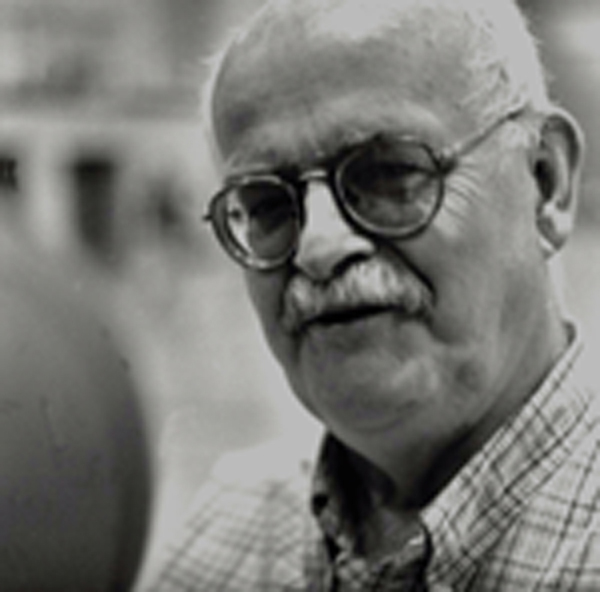TERRY MOSHER
There has been good reaction from the story about Johnnie Jackson, a guy who survived the black ghetto of Westpark in Bremerton and went on earn his doctorate and to make a great name for himself as an educator.
But for every good guy who made it, there are many who did not. I wish our world was safer and that the poor and the middle class and the people of color and different nationality or of a different religion than the majority of us could have the same fair chance to success and to survive as the rest of us.
Often, it’s a terrible world we live in and we take the simplest thing and twist it around so it fits an easy narrative we think we can live with. How color makes a difference is beyond me. Black or brown (or orange for that matter) should not matter. All should have the same chances to succeed or fail.
And when they fail, offer a helping hand. Don’t make it harder by passing stupid voting rights laws or refusing a job because of some bias, a different color.
When I get haughty and think I’m pretty good, I take a deep breath and remember the friends from my past that didn’t make it, and that brings me back to the ground pretty quickly. Not that I get haughty or think I’m better than anybody else, that is not me. I try to stay grounded and take the good with the bad best I can without letting me get too high or too low.
I always remember Stormin’ Gorman Thomas, a slugger the Mariners picked up late in his career when he was finding it easier to chug a beer than to slug a homer. After one particular game at the Kingdome when he sent two rockets into the cheap seats, he was confronted by a press pack waiting on his every beer-breath words.
Stormin’ Gorman looked at us and said the words to live by: “One day you are in the castle and the next day you are in the outhouse. You can never get too high or two low in this game. Just stay on an even keel.”
With that, Stormin’ Gorman took a big slug of his beer and the media pack slowly drifted away.
I think of Pete, a best buddy in high school and college who disappeared in 1967 and wandered the byways of Canada and the U.S. doing odd jobs and going through two marriages while abandoning his own family (they never saw or heard from him after 1967). I found Pete in the mid-1980s working in the cafeteria at James Madison University. We had a brief conversation and then he was gone again.
Pete, I discovered, died Dec. 23, 2008 in Rehoboth, Delaware without once using the master’s degree he obtained back in the 1960s.
Diana died in 1986 at the age of 43 after spending 20 years in a state institution strapped in a wheel chair, blind and voiceless from a severe case of MS. She was my Hank Williams partner. We listened to Hank sing his sorrowful songs while many nights faded away with the first light of dawn. Both of us could relate to Hank. She was born into a dysfunctional family, I was a lonely teenager in a house where I was not wanted and was swallowed whole by what I call my dark years.
Dick, my beloved friend who drove his 1954 Mercury like Red Baron and lived life as fast as he drove the Mercury, always with a big smile on his face, died the way I predicted by driving through a barn one slippery 1962 cold night in New York State.
Dick was just 23. Gawd, do I miss Dick and his big smile and his generous nature.
Lynn went through his marriage with smoke from his cigarette and with bourbon on the brain. He was 60 when cancer got him.
Center got Dale, too. He made it seven years further then Lynn. The three of us back in the late 1950s while I was going to college at Alfred used to race the night through small towns littered around our little part of the world back in New York along the north-central Pennsylvania border. We saw more girls and more beer than three friends should have.
Putt barely made it past 50. He was 53 when his constant smoking and beer-drinking bid him goodnight on June 1, 1993. Cancer got him, too.
If there was anybody smarter than Putt, I have yet to meet them. But like Pete he didn’t use his knowledge to his advantage. He insisted on watching time go bye in the darkness of beer joints, surrounded by his friends, smoke and booze.
Why do we do terrible things and not just to each other, but to ourselves?
I have lost others, too. The biggest loss was my mother on May 21, 1953. She was just 48 and as caring a mother as you can find. The lights went out on me when she died.
I guess the biggest question that comes out of all of this is what does life mean? Are we here because we were just born to die? Or does each of us have a deep meaning to our life that we know nothing about?
You will find no answer from me. All I know is a guy like Johnnie Jackson turns into good guy Dr. John and others like Putt, who had all the necessary ingredients to pursue a doctorate, instead made it his life’s work to close the nights with a beer in one hand and a cigarette in the other.
Be well pal.
Be careful out there.
Have a good day.
You are loved.

